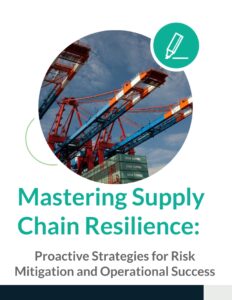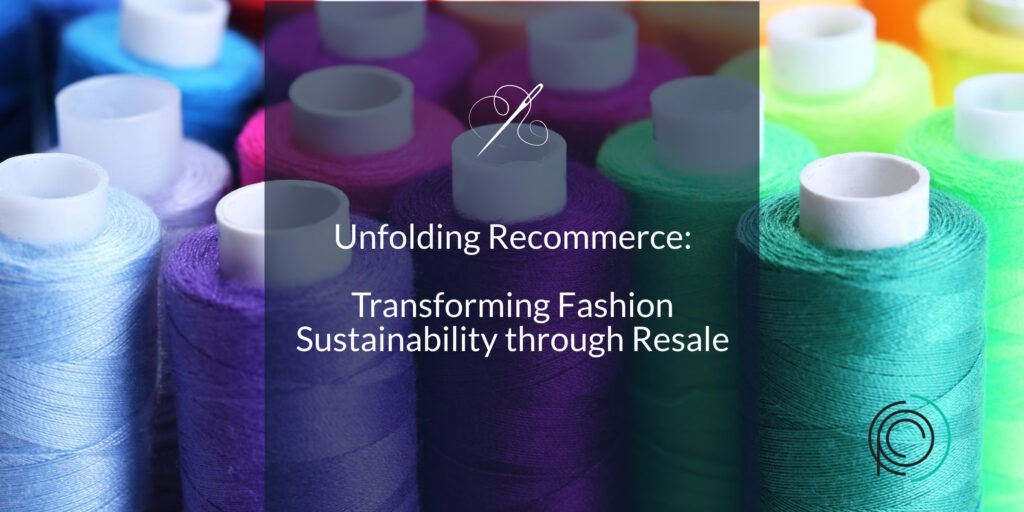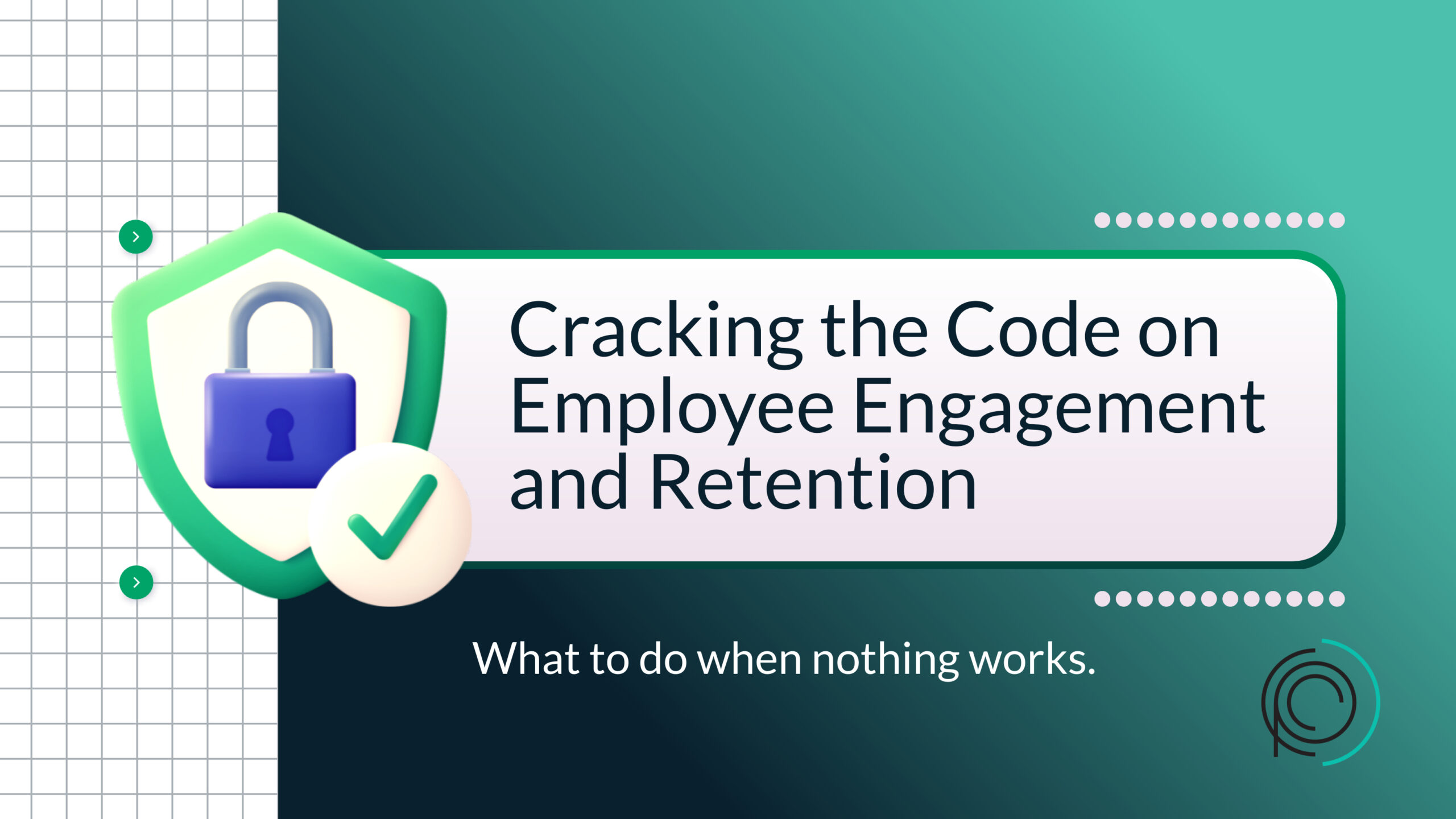Revolutionizing Fashion: How Recommerce is Paving the Way for a Sustainable Future in Retail
As the fashion industry experiences unprecedented growth and evolution, the urgency for adopting sustainable practices has become more apparent. A noteworthy initiative that has been gaining traction in recent years is recommerce, a concept that revolutionizes the traditional retail model by facilitating the buying and selling of pre-owned items online. This approach not only significantly reduces textile waste but also champions the principles of a circular economy, where resources are reused and recycled for as long as possible.
Such sustainable practices are increasingly important in an era of fast fashion, which contributes to massive environmental degradation. By engaging in recommerce, consumers have the opportunity to make more environmentally friendly choices, extending the lifecycle of garments and reducing the demand for new clothing production. This, in turn, reduces the need for raw materials and minimizes the carbon footprint associated with garment manufacturing.
One of the key players in recommerce is thredUP, a leading online consignment and thrift store that partners with brands to resell their excess inventory and offers high-quality secondhand clothing. Other popular platforms include Poshmark, Depop, and The RealReal, which have all seen a surge in popularity as consumers become more conscious about their fashion choices.
In addition to reducing textile waste and promoting sustainable consumption, recommerce also has social benefits. By providing affordable options for purchasing secondhand clothing, it can help combat the issue of overconsumption and promote a more inclusive and diverse fashion industry. It also empowers individuals to declutter their closets and make money from items they no longer use, promoting a more mindful approach to shopping and ownership.
As recommerce gains momentum, it is important for both consumers and brands to actively participate in this movement. Consumers can support sustainable fashion by choosing to buy pre-owned items, while brands can adopt circular business models that incorporate recommerce into their operations.
Moreover, the financial aspect of recommerce cannot be overlooked. According to a report by ThredUp, a leading player in the online consignment and thrift store market, the recommerce industry is on a rapid ascent, with projections estimating its value to reach a staggering $64 billion by 2024. This growth is not only a testament to the shifting consumer attitudes towards sustainability and conscious consumption but also highlights the significant economic potential of adopting greener business models in the fashion sector.
As the fashion industry continues its rapid growth, the integration of sustainable initiatives, such as recommerce, presents a promising path forward for the sector. This approach not only addresses the critical issue of environmental sustainability by promoting the reuse of garments, thereby reducing waste and the demand for new resources, but it also opens up new economic opportunities. By encouraging consumers to buy and sell pre-owned clothing, recommerce can foster a more circular economy within the fashion world, creating a win-win scenario that benefits both the planet and the industry. This innovative model not only helps in conserving resources but also caters to the growing consumer demand for sustainable and ethical fashion choices, marking a significant step towards a more sustainable future.
Recommerce not only plays a pivotal role in benefiting the environment through the reduction of demand for new production, thereby significantly decreasing the carbon footprint associated with manufacturing, but it also presents enticing financial incentives for consumers to adopt a more sustainable approach to fashion. By actively participating in the process of selling their gently used clothing and accessories, consumers are not only able to recoup a portion of their initial investment in these items but are also empowered to affordably purchase second-hand items from other sellers. This creates a sustainable, circular economy within the fashion industry, encouraging a continuous flow of clothing within the market and reducing waste. Additionally, this practice supports the conservation of resources by minimizing the need for raw materials needed in new production, further emphasizing the ecological benefits of recommerce.
Numerous fashion brands are actively making strides toward sustainability, recognizing the importance of environmental responsibility in their operations. In a notable shift towards a more sustainable future, these brands have embraced recommerce as a key strategy to foster a circular economy. This innovative approach doesn’t just minimize waste by repurposing and recycling garments; it also plays a pivotal role in encouraging consumers to adopt more environmentally friendly practices. By participating in recommerce, consumers have the opportunity to contribute to the reduction of the fashion industry’s carbon footprint, making a significant impact on the environment. This shift not only reflects a growing awareness of sustainability issues within the fashion industry but also highlights the potential for positive change through collective action.
Patagonia’s innovative Worn Wear program is a standout example, allowing customers to trade in their gently used gear for store credit. This initiative benefits both the environment and consumers, as Patagonia meticulously repairs the traded-in items before reselling them through its e-commerce platform. By doing so, Patagonia extends the life cycle of its products, emphasizing the brand’s commitment to sustainability.
The RealReal has successfully established a unique position within the luxury market by functioning as an innovative online marketplace dedicated to the sale of authenticated, pre-owned luxury goods. By meticulously verifying the authenticity of each item, this platform revitalizes high-end fashion pieces, giving them a second chance to shine. This approach not only extends the lifecycle of luxury items but also promotes a more sustainable fashion industry by minimizing the demand for new products. In doing so, The RealReal encourages the circulation of luxury goods for an extended period, contributing to a more responsible and eco-friendly consumption of high-end fashion.
Goodfair takes a unique approach by leveraging storytelling and environmentally friendly packaging to sell second-hand clothing. The company has a strong commitment to social responsibility, donating a portion of its proceeds to support clothing donations and various social initiatives, thereby making a positive impact on the community.
H&M has introduced an innovative solution called “Looop,” a garment-to-garment recycling machine situated in select stores. This machine mechanically breaks down the used fabric into fibers, which are then transformed into new yarns. These yarns can be spun into fresh garments, demonstrating a practical application of circular economy principles in the fashion industry.
These initiatives undertaken by fashion brands showcase their dedication to sustainability, while also prompting consumers to reconsider their consumption habits. By adopting recommerce practices, such as selling and buying pre-owned items, these companies are not just reducing waste; they are pioneering a movement that propels the fashion industry toward a more eco-friendly and circular economy. This shift towards sustainability not only benefits the environment by minimizing the demand for raw materials and reducing landfill waste but also offers consumers a more ethical and conscious choice in their fashion purchases. Through these efforts, the fashion industry is setting a powerful example of how businesses can lead in the transition towards a more sustainable and circular future, making a significant impact on both the planet and societal norms around consumption.
Depop, a cutting-edge app dedicated to buying and selling pre-owned clothing, stands as a shining example of a successful recommerce platform, particularly popular among the younger demographic. This platform isn’t just about transactions; it incorporates a social media component, creating a vibrant community where users can connect and bond over their shared passion for fashion. The unique aspect of Depop lies in its ability to serve as a fertile environment for the growth of small, independent fashion brands. These brands are at the forefront of promoting sustainable fashion practices, aiming to reduce waste and keep clothing out of landfills. By doing so, Depop has carved out a niche for itself in the fashion industry, championing the cause of sustainability while fostering a sense of community and creativity among its users.
To thrive in the rapidly expanding recommerce market, it’s crucial for businesses to meticulously organize both their internal and external supply chains. By consulting experts and leveraging strategic guidance found at resources like cpcchangeagent.com, companies can establish a robust foundation for their recommerce ventures. Engaging a professional to meticulously plan and execute the setup of a recommerce business, including the development of warehouses and the integration of sophisticated software systems, is indispensable. This approach not only enhances operational efficiency but also empowers businesses to scale their operations and grow in a seamless and sustainable manner, ensuring they stay competitive and responsive to market demands.
The recommerce industry offers a golden opportunity for fashion brands to engage in sustainable practices and mitigate the considerable environmental footprint of the fashion industry. By embracing the concept of recommerce, brands not only contribute to reducing waste but also promote a more circular economy where products are used for as long as possible. The five inspiring examples highlighted above demonstrate the versatility and creativity of recommerce as a powerful tool in the pursuit of sustainability. These examples range from luxury brands adopting resale platforms to high-street names encouraging the return of old garments for recycling, showcasing the wide applicability of recommerce strategies across different market segments. As society shifts towards greater environmental consciousness, recommerce stands out as a pivotal innovation in sustainable fashion. It challenges the traditional buy-use-dispose model and opens up new pathways for consumers and companies alike to engage in more responsible consumption patterns. In this evolving landscape, recommerce is not just an alternative; it is becoming an essential component of the future of fashion, making it a real game changer in promoting sustainability within the industry.
If you’re interested in exploring ways to enhance your recommerce business and take it to the next level, we invite you to connect with one of our experienced experts today. Our team is dedicated to providing tailored solutions that can help you optimize your operations, increase your revenue, and improve customer satisfaction. Don’t miss the opportunity to gain valuable insights and strategies specifically designed for your business’s success.







